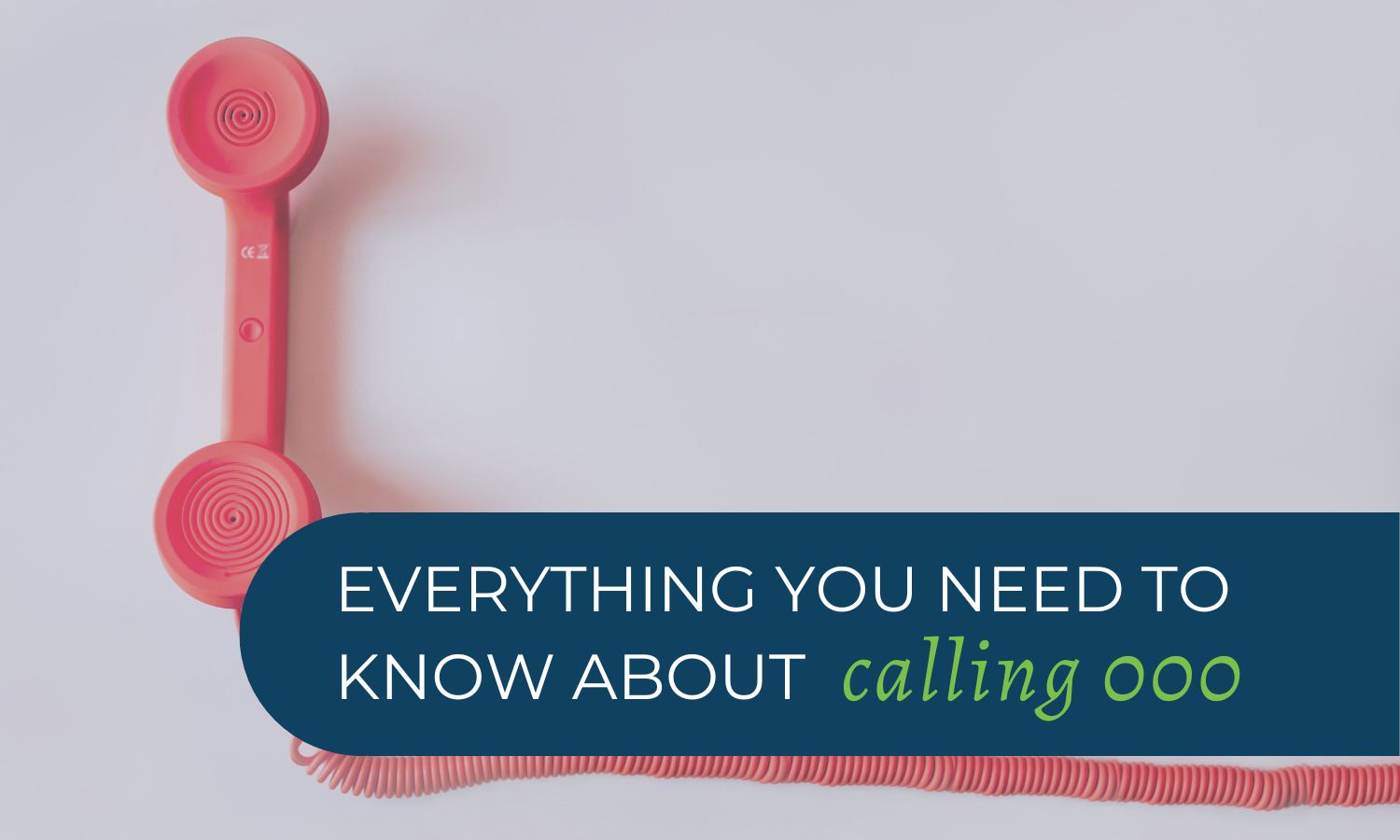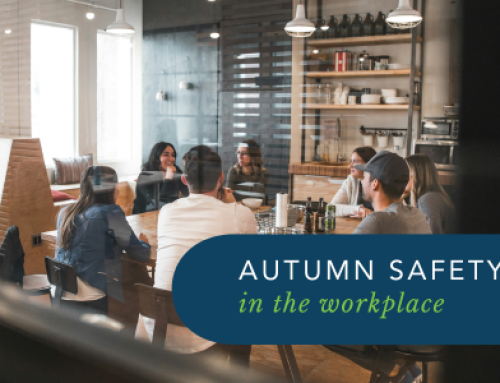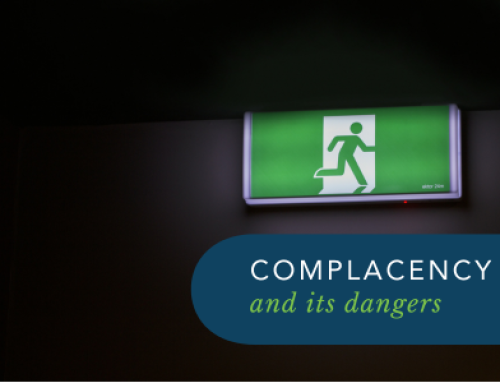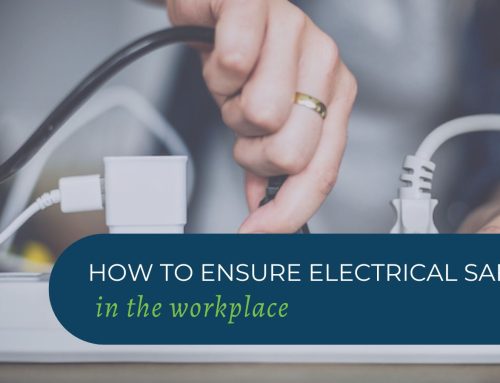Who do you call when there is an actual emergency? Let’s look at who, when, and in what circumstances should we be dialling 000.
What is an emergency?
What counts as an emergency? An emergency is any situation that is potentially life-threatening and also requires an immediate response. Fire is only one of the dozen different emergencies that could fit into this category.
Emergencies can be either natural, human or technological. The common thread is that most of these could well require an immediate response from Emergency Services.
When to call 000?
Let’s look at when we should call 000. The answer is whenever we deem that we have an emergency at hand.
Any situation that has the potential to be a risk to life and requires an immediate response is a good enough reason to call emergency services. Calling as soon as possible is always best. In the worst-case scenario, it would be a false alarm or not end up being a life-threatening incident. As the saying goes, always better to be safe than sorry.
With both a medical emergency and fires, what seems like something small and manageable can very quickly escalate and become out of control and therefore actually end up being life-threatening. It is always advisable to make that call sooner than later. The guidance that you can get especially in a medical emergency in those first few seconds can mean the difference between life and death.
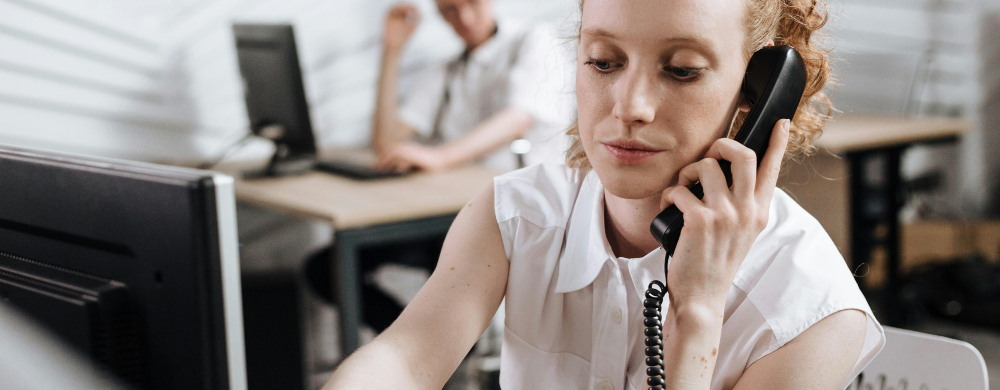
Who should call 000?
Anyone who notices an emergency is the basic answer. Don’t wait to figure out who the ideal person should be. If you see something, call 000 as soon as possible.
Often the more people who witness an emergency, ironically, the less chance that the call will be made. People will assume that surely with everyone clearly knowing there is an incident, someone must have called and I’ll actually make things worse by calling as well. Making assumptions generally can come at a cost. In the case of emergencies, assuming that all is handled can cost lives.
It is important to note the priorities during an emergency and calling for help is not always the first thing that we should do. Safety is first and foremost, and that means our own personal safety. We should remove ourselves first from immediate danger and others in the area after that.
After that we should work towards containing the area of danger, this could mean closing doors or cordoning off the area. An internal alarm should be raised even if it is a verbal alarm to people around you. Then once these preliminary measures have been taken, call 000. In the case where you’re already in a secure and safer environment away from immediate danger, take the initiative to call 000 as soon as possible.
Do people often ask what if I am fairly sure someone else has called 000? Surely it could be problematic if too many of us are calling about the same incident. If in any doubt at all always call regardless. This one point alone could well save lives.
In the case of an actual emergency, more is more. If emergency services are informed that there is a genuine incident, they will respond with more services. The more information and the clearer the information, the better chance of the right amount of response will be deployed. For example, if there is an actual fire, then 6 fire trucks could be sent out rather than 2. The right response for the emergency in those first few minutes is critical and that one phone call can make all the difference.
There is danger in thinking that “Surely calling 000 must already be handled. The alarm is sounding, people are evacuating, surely someone has called!” Again, more calls are far safer than presumptions that all have been dealt with. Let’s work on the premise at all times that if emergency services are not called, they are not coming.
In many instances, alarms and fire indicator panels will automatically notify emergency services if a fire is detected. The fire brigade will immediately be on their way without anyone needing to call, false alarm or not. Regardless, it is critical to call 000 in the event of an actual fire. Never presume that just because you are almost certain that the fire brigade is on their way it is not necessary, or even a nuisance to call.
Again, your call will provide vital information that will mean the right response for your circumstances.
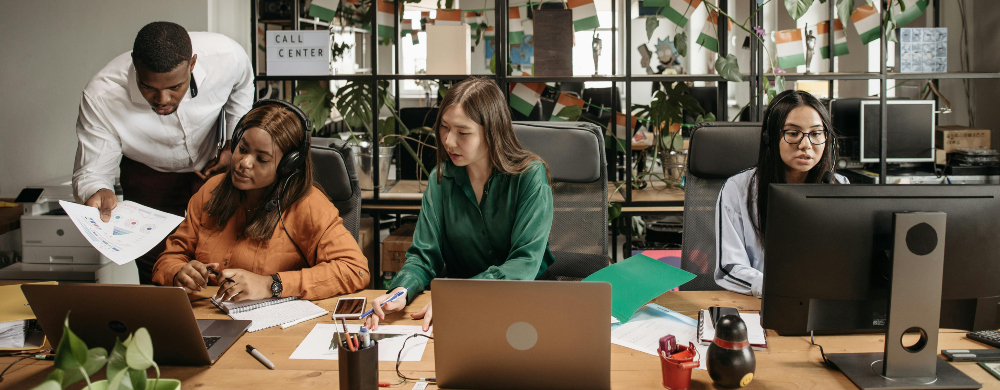
Surely it is the job of management or the fire warden team to call 000? Maybe not. In fact, the number one priority of the warden team is to evacuate everyone as quickly and as safely as possible. Given this should take up all of their focus, it is advisable that someone else ideally makes the call.
Again, it could be anyone. In larger organisations, a communications officer could be appointed. This is often someone who is the receptionist or in the admin team. They are not involved in the direct evacuation of personnel but are freed up to possibly make internal announcements, call and stay on the phone with emergency services and even be available to work with the chief warden in making notes of the incident.
What do we say when we call 000?
First, you will be asked if you need police, fire, or ambulance. Be clear here in your response. Try to stay as calm as possible. Delivering clear and accurate information is what is critical here.
- You will be asked your exact location.
- You will be asked the phone number that you are calling from. If calling from your mobile, give that number and not the office number.
- What is the problem? Be specific, e.g. a small fire has started in the rear of the building in one of the staff rooms.
- How many people are hurt?
- You will be asked about your nearest cross street.
If the entrance to the building is different from the street address then make this very clear. Also, if the emergency is better reached from a different address then make this known. E.g. it could be a large warehouse that has more than one street frontage, Which street is the closest way of accessing the emergency?
In rural areas, your full address and distance from any landmarks and distance from cross streets will be asked.
The warden team should become familiar with the questions that will be asked by 000 and prepare responses for these. Also, this could be the opportunity to look at procedures around who ideally will be the person to call.
If you are in areas where reception is compromised, remember to call 112. This will source the best network available at any given time and not just your own mobile service provider.
For those who watch way too many Hollywood movies and dial 911..no problem, it will be diverted instantly to 000.
In summary, always have the mindset that if emergency services are not called, they won’t be coming. Always lean on the side of caution and call even if you think it is likely that they have been called by someone else.
That one call could not only help save your building but far more importantly, lives too.
Are you ready for peace of mind that your workforce is as safe and prepared as possible? Workplace Emergency Management offers workplace emergency response training. Contact us to learn more.
GET IN TOUCH
Are you ready for peace of mind that your workforce is as safe and prepared as possible?
With a dedicated team of staff ready to help you meet compliance requirements and improve the overall safety of your workplace, all you need to do is get in touch.
Request your free audit today!
